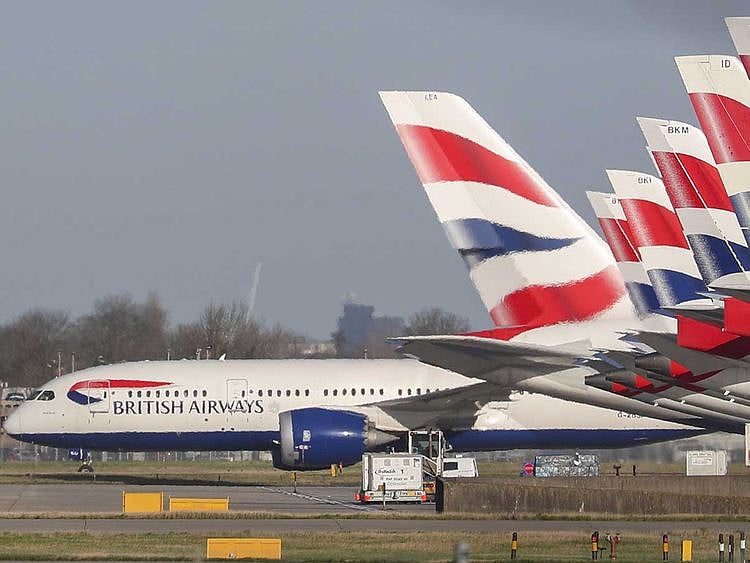COVID-19 responses: Airline industry cannot go into life support
Governments have to take over the wheels to get emergency funding in place

Someone once said that history doesn’t repeat - but it rhymes. Today, as the world’s airlines face a cataclysm caused by the COVID-19 pandemic, memories of the post-9.11 period come to mind.
But this crisis is far worse.
Within a period of a few weeks, Middle Eastern airlines have seen passenger demand completely collapse. For most carriers the market for air travel is actually below zero — the number of people cancelling flights exceeds the number of new bookings. That is not surprising, given that many regional governments have closed their borders to foreign visitors, imposed lengthy quarantines or temporarily suspended all inbound and outbound passenger flights.
Only outflows of cash
As airlines’ ticket sales disappear, so does the daily cash intake from those sales, which even the most well-capitalized airlines need to pay their bills. Unfortunately, the bills haven’t gone away, although the revenue to pay them has.
Airlines are doing everything they can to slow the steady outflow of cash. They are grounding hundreds of aircraft, eliminating services and in some cases imposing salary reductions and furloughing employees. In desperation, some are hoping to outlast the crisis by shutting down entirely.
Deterioration filters through
The economic damage to the industry, its employees and its supplier base, is immense; and because aviation does not exist in a vacuum the harm will extend into virtually every corner of our globally connected economy. The fact is that the modern world is built on aviation connectivity.
Aviation in the Middle East supports $130 billion in economic activity, equivalent to 4.4 per cent of the region’s GDP. Furthermore, the air transport sector supports the jobs of some 2.4 million people. These jobs are found in air transport- and tourism-related industries, such as jobs in hotels, and restaurants, theme parks and museums.
Beyond the Middle East, up to 65.5 million jobs around the globe are connected to airlines.
Time is fast running out for governments to step in to help. IATA has estimated that the typical airline had just two months of cash at the start of the year and the latest available figures for the Middle East suggest that international bookings are down 40 per cent year-over-year in March and April, 30 per cent year-over-year in May and June.
Domestic bookings are down roughly 20 per cent in March and April, 40 per cent in May and June, and since the end of January, 16,000 passenger flights have been cancelled. This has resulted in Middle Eastern carriers losing $7.2 billion in revenue as of March 11.
Support measures are urgently needed. On a global basis, our initial estimate is that emergency aid of up to $200 billion is required. This should include things such as direct financial support to compensate for reduced ticket revenue that is directly attributable to travel restrictions.
Government or central bank-backed loans and/or loan guarantees will also help, as will temporary tax relief and rebates on taxes paid this year. In combination, these measures will provide airlines with critical breathing space until the crisis recedes.
And where restrictions on entry/exit and quarantines make air services untenable, it is appropriate that governments should suspend consumer regulations that make airlines financially liable for cancellations and schedule changes.
I call aviation the business of freedom, because it liberates us from the constraints of time, distance and geography and creates opportunities for greater understanding among cultures. Even today, in its weakened state, it is aviation that is transporting doctors, nurses and much-needed medicine and testing kits, into the areas hit hardest by COVID-19.
When it needs to get there fast, it goes by air.
The window for firm government action is closing. An industry whose raison d’être is connecting people, cultures and commerce cannot long survive under today’s conditions. And the world will be a much poorer place for it.
- Alexandre de Juniac is Director-General and CEO of the International Air Transport Association.
Sign up for the Daily Briefing
Get the latest news and updates straight to your inbox
Network Links
GN StoreDownload our app
© Al Nisr Publishing LLC 2026. All rights reserved.